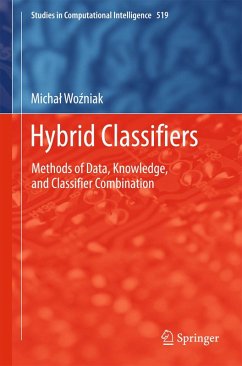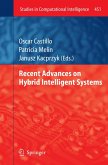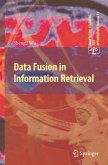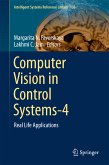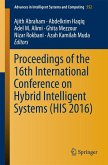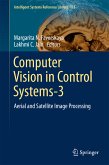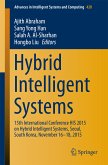Dieser Download kann aus rechtlichen Gründen nur mit Rechnungsadresse in A, B, BG, CY, CZ, D, DK, EW, E, FIN, F, GR, HR, H, IRL, I, LT, L, LR, M, NL, PL, P, R, S, SLO, SK ausgeliefert werden.
"The author presents an up-to-date review of recent advances in this area. ... this is a very interesting, complete, and up-to-date book about various aspects of machine learning and decision making using hybrid classifiers. Although the author makes this book accessible to students and practitioners, it is probably more oriented to advanced undergraduate or graduate courses focused on improving machine learning methods and applications." (Fernando Osorio, Computing Reviews, July, 2014)

